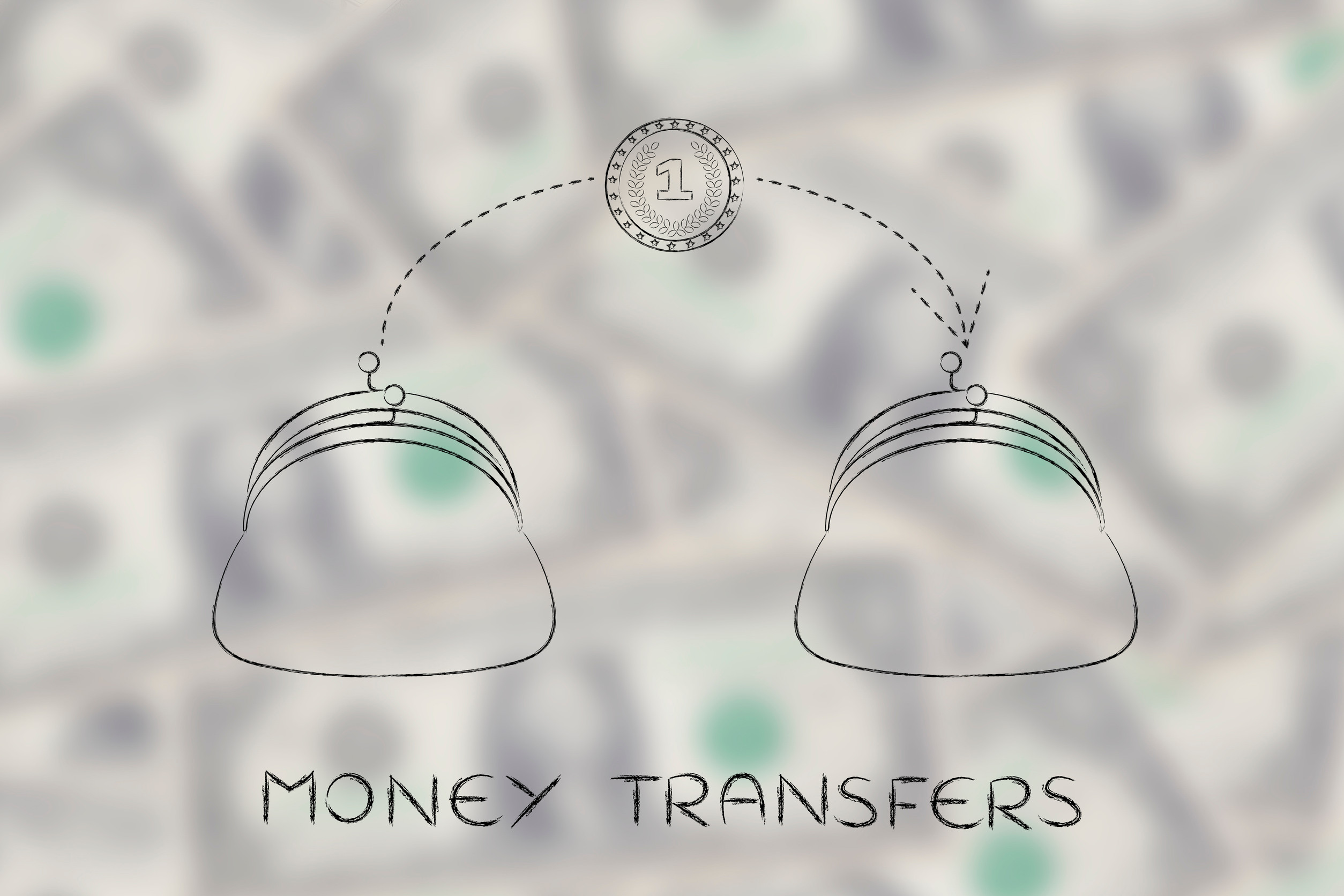
A tiny $5 charge seems harmless, the kind of fee most people shrug off without thinking. It often hides in the fine print of agreements, attached to transfers, account updates, or small transactions.
While it feels insignificant, the real issue is not the size of the fee but how it’s implemented. If unclear, inconsistent, or perceived as unfair, it can spark bigger frustrations. What begins as pocket change can quickly turn into a matter of principle.
When Small Fees Trigger Big Reactions
For many, it’s not the money but the feeling of being taken advantage of. Customers often see small, recurring charges as sneaky or dishonest. That irritation can escalate into formal complaints when no clear explanation exists. Anger over the lack of transparency can outweigh the fee itself. Suddenly, a few dollars become the seed of a serious dispute.
The Legal Fuel Hidden in Fine Print
Fine print often buries clauses that give companies the power to impose minor charges. But that same fine print is also where consumers find grounds for a lawsuit. If terms are vague or misleading, they create a legal gray area. Plaintiffs argue that ambiguity violates consumer protection laws. What looked like a harmless detail transforms into legal ammunition.
Class Actions Waiting to Happen
A single frustrated customer may not have the resources to fight over $5. But when thousands of people experience the same charge, lawyers see an opportunity. Class-action lawsuits turn individual grievances into collective power. Companies now face far greater risks than the revenue collected from the fee. What was meant to cover administrative costs can end up costing millions.
Trust Broken Over Pocket Change
Small charges often carry outsized consequences because they break consumer trust. When people believe companies nickel-and-dime them, they become skeptical of everything else. That distrust spreads fast through reviews, word of mouth, and social media. The reputational damage outweighs any minor revenue gain. Companies may spend years repairing the credibility they lost over a fee.
Regulators Are Always Watching
Government regulators often treat small hidden fees as unfair business practices. Even a minor violation can lead to investigations, fines, and stricter oversight. Regulators look for patterns where companies profit unfairly at the expense of consumers. What started as a $5 convenience charge can be framed as systemic exploitation. The result is more compliance costs and stricter rules for the company.
The Domino Effect on Business Operations
A lawsuit over a small fee doesn’t stop at the legal department. It drains financial resources, distracts executives, and disrupts daily operations. Employee morale suffers as staff are caught between angry customers and nervous management. Shareholders begin to question the company’s judgment and leadership. What started as a minor transaction fee ripples across the entire business.
Reputation Is Priceless, Fees Are Not
Companies often underestimate how much reputation matters in the digital age. A single viral post about unfair fees can cause a public relations crisis. Consumers increasingly choose businesses that are transparent with pricing. Competitors take advantage by marketing themselves as more trustworthy. The cost of regaining goodwill far exceeds the revenue lost by dropping small fees.

When Lawyers Smell Opportunity
Attorneys know that cases involving widespread minor charges can be lucrative. Legal teams often build cases around emotional appeal rather than dollar amounts. Juries are more likely to sympathize with consumers who feel cheated than with corporations. Even if settlements are small per customer, total payouts can reach astronomical levels. What began as a five-dollar annoyance becomes a courtroom battle.
The $5 Mistake That Costs Millions
A small transfer fee may look like an easy revenue stream, but it carries hidden risks that can spiral out of control. Consumer anger, regulatory scrutiny, and legal battles all grow from these minor charges. What seems insignificant can wreck trust, damage reputations, and cost far more than it earns. Companies that underestimate the power of perception pay the steepest price.
Has a tiny fee ever left you fuming, or even considering legal action? Share your thoughts below.
Read More
Why Probate Courts Are Banning Certain Bank Transfers
Why States Are Charging “Property Recovery Fees” to Heirs
The post How a $5 Transfer Fee Can Snowball Into a Lawsuit appeared first on Everybody Loves Your Money.



.jpg?w=600)



